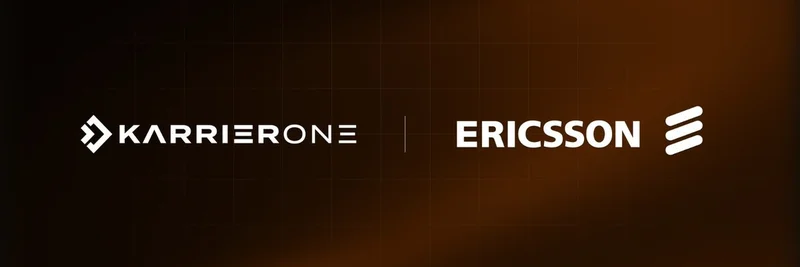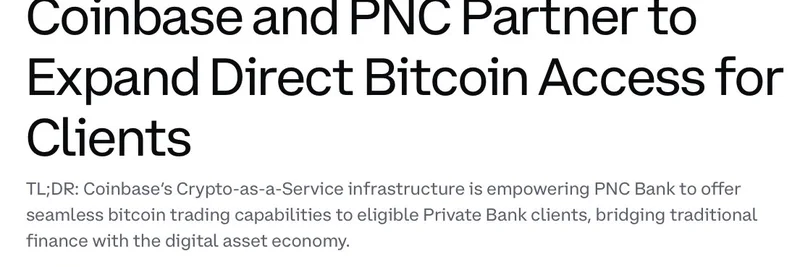Ever wondered what happens when AI agents need to move beyond chit-chat and handle real money? That's the question buzzing in the crypto space, especially with projects like Virtuals.io pushing the boundaries. In a recent thread on X, Teng Yan from Chain of Thought Research dives deep into this, spotlighting Virtuals' Autonomous Commercial Protocol (ACP) as the game-changer for machine-to-machine commerce.
Picture this: Your AI butler isn't just suggesting a movie; it's negotiating deals, coordinating tasks, and settling payments—all autonomously. But how does it actually pay up without human intervention? ACP steps in as the "commercial grammar" for machines, letting them "speak" business through natural language instead of clunky interfaces.
Breaking Down ACP's Core Elements
At its core, ACP boils down to two simple yet powerful primitives:
Jobs: Think of these as the official contract for any task. They outline who's paying (the Requestor), who's doing the work (the Provider), and the budget involved. It's like a digital handshake that kicks off the whole process.
Memos: These are the breadcrumbs of the transaction—signed records of decisions and evidence. Each memo creates a tamper-proof trail, ensuring accountability in case things go sideways.
The magic unfolds in four phases: Request, Negotiation, Transaction, and Evaluation. It starts with the Requestor selecting a Provider and an Evaluator, then escrowing funds into a smart contract. From there, agents handle the back-and-forth, all powered by blockchain tech.
The Tech Under the Hood
What makes ACP tick on the blockchain? It's built on Ethereum standards that make it seamless for AI:
ERC-4337 Smart Contract Wallets: These enable gasless transactions, meaning agents can operate without worrying about fees eating into budgets. Plus, they set spending limits to keep things secure.
ERC-6551 for Persistent Identity: Every agent gets a unique on-chain address tied to its reputation. Over time, this builds a history that's verifiable, fostering trust in an otherwise anonymous machine world.
This isn't just about swapping tokens; it's weaving payments, identity, and state into a protocol that could underpin an entire autonomous economy. As Teng puts it, it's elevating agents from "talking bots" to financially accountable players.
Why This Matters for Crypto and Meme Tokens
In the wild world of meme tokens and blockchain projects, tools like ACP could supercharge communities. Imagine meme coin DAOs where AI agents manage treasuries, negotiate partnerships, or even evaluate community proposals—all with built-in trust. Virtuals.io, with its focus on AI-driven protocols, is positioning itself as a key player here, especially as mentions of $VIRTUAL and Virgen communities pop up in discussions.
For deeper insights, check out the full research piece from Chain of Thought: Virtuals' ACP: Markets for Machines.
This thread highlights a shift toward real utility in AI-blockchain mashups. If you're diving into meme tokens or crypto tech, keeping an eye on ACP could give you an edge in understanding the next wave of autonomous markets. What's your take—ready for AI agents to handle your wallet?




